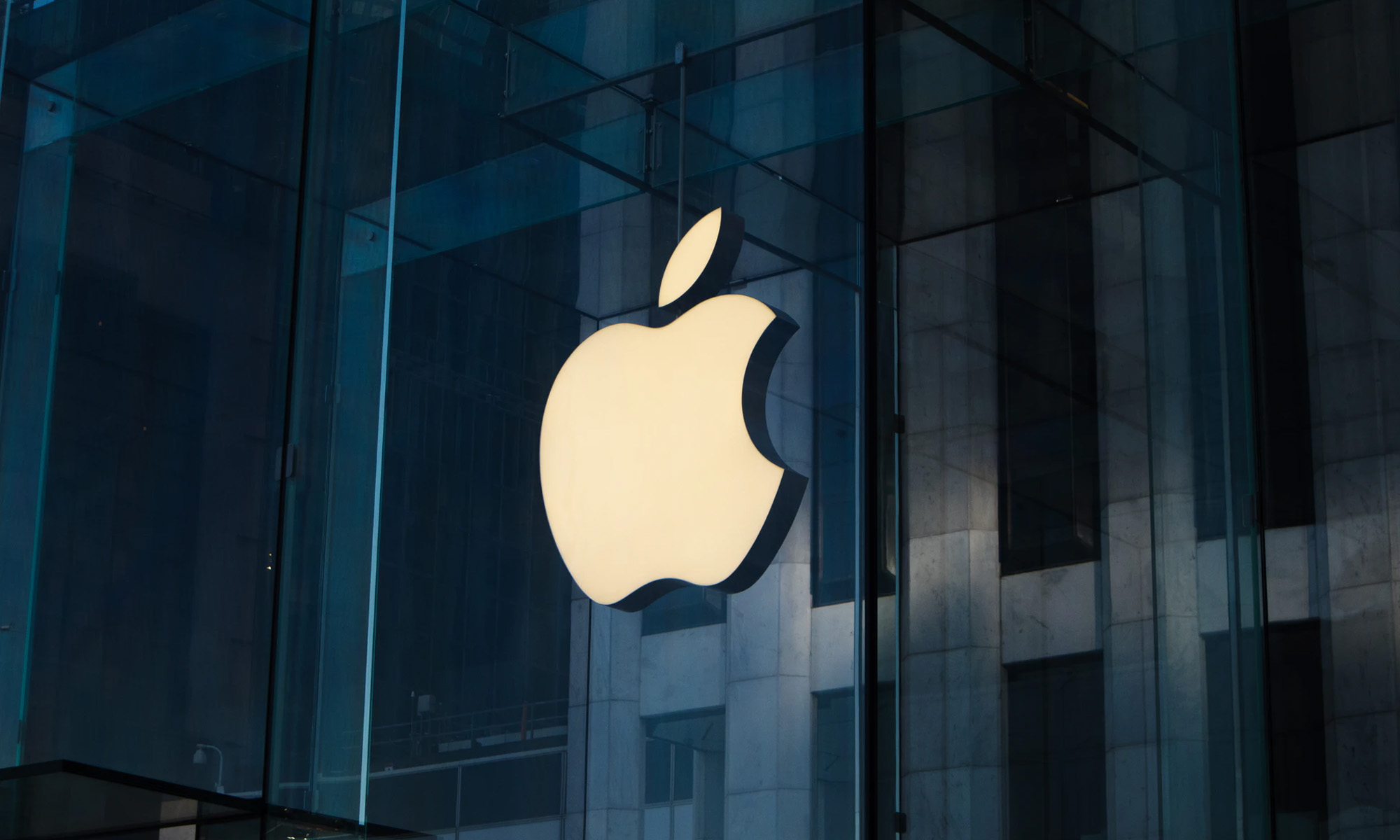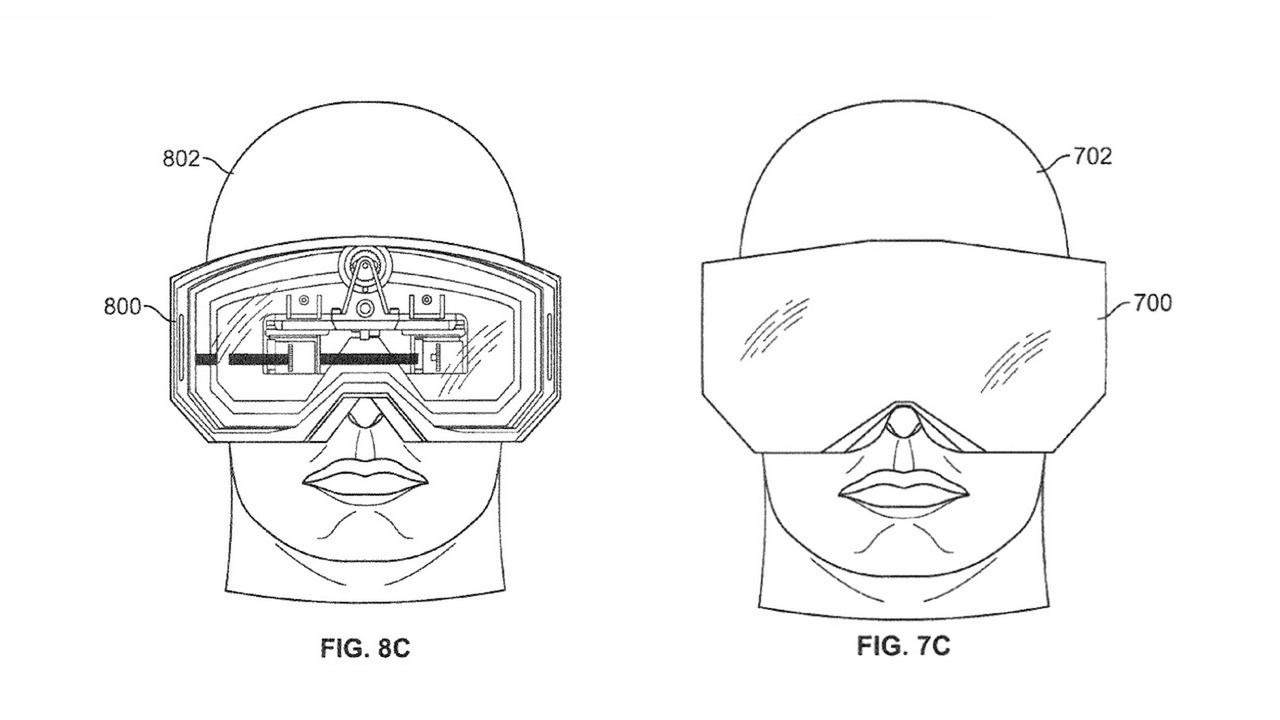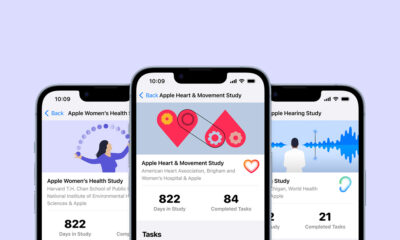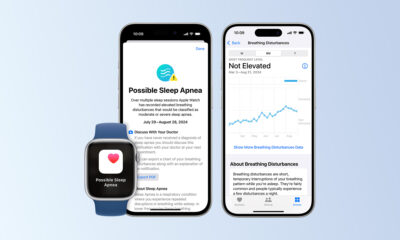News
Apple Likely To Release 8K VR Headset In 2022

Near the end of January, Bloomberg published a report claiming that Apple is working on what could be the most expensive 8K VR headset ever made. Now, a JP Morgan analysis, spotted by China Times, states that the headset could be available as early as Q1 2022, but it’s likely to cost around $3,000 USD.
Why the steep price? Because Apple’s first VR headset will likely boast dual 8K displays with eye-tracking technology, offering far better resolution than other VR headsets that are commercially available at the moment. For example, the $300 USD Oculus Quest 2 has a singular fast-switch LCD panel with a 1832×1920 per eye resolution, while the $700 USD HTC Vive Cosmos displays text and graphics through a 2880 x 1700 combined pixel resolution.

In addition to an ultra-high-resolution display, the headset is also expected to feature the combination of an optical radar (LiDAR) and a Time-of-Flight (ToF) sensor for accurate location of the headset in space. All these and other components will be coordinated by a new version of the M1 chip, the first ARM-based system on a chip designed by Apple.
The chip will be manufactured by TSMC, one of the world’s biggest semiconductor foundries, and the final assembly of the headset will be handled Pegatron or Quanta Computer.
According to a drawing published by The Information, the headset could feature a HomePod-esque mesh fabric and swappable Apple Watch-style headbands. Depending on the specific materials Apple decides to use, the headset could be considerably lighter than its competitors, which would definitely help with long-term comfort.
Also Read: Google Launches Its Dunant Subsea Cable Between The US And Europe
Because of how expensive the headset will be, some experts predict that its target audience will be professional content creators—not regular users. Currently, producers of virtual reality content have to rely on third-party VR headsets and deal with the potential compatibility issues associated with them.
News
Alienware Just Announced Six New Gaming Monitors
The new models include three QD-OLED and three budget-friendly QHD options, expanding the company’s lineup for all gamers.

Alienware has just updated its gaming monitor lineup with six new additions, including the highly anticipated Alienware 27 4K QD-OLED Monitor. The latest wave of releases is set to reach more gamers than ever, offering high-end QD-OLED displays alongside more budget-friendly options.
The latest displays clearly show that the company is doubling down on QD-OLED with three new models sporting the technology. A redesigned Alienware 34 Ultra-Wide QD-OLED Monitor is also making a return, further refining what is already a fan-favorite display.
A Unified Design: The AW30 Aesthetic
All six monitors feature Alienware’s new AW30 design language, first introduced at CES. The AW30 aesthetic brings a futuristic, minimalist look that unites the entire lineup under a cohesive visual identity.
Pushing QD-OLED Even Further
The refreshed Alienware 34 Ultra-Wide QD-OLED Monitor (AW3425DW) builds on its predecessor’s success with a 240Hz refresh rate (up from 175Hz) and HDMI 2.1 FRL support. It also gains G-SYNC Compatible certification alongside AMD FreeSync Premium Pro and VESA AdaptiveSync, ensuring ultra-smooth performance. With a WQHD (3440×1440) resolution and an 1800R curve, this display enhances immersion for both gaming and cinematic experiences.
For those who crave speed, the Alienware 27 280Hz QD-OLED Monitor (AW2725D) pairs a high refresh rate with QHD resolution, balancing sharp visuals with ultra-smooth gameplay. Meanwhile, the Alienware 27 4K QD-OLED Monitor (AW2725Q) delivers stunning clarity with an industry-leading pixel density of 166 PPI, making it the sharpest OLED or QD-OLED monitor available.
Also Read: Infinite Reality Acquires Napster In $207 Million Deal
Worried about OLED burn-in? Alienware’s entire QD-OLED lineup comes with a three-year limited warranty covering burn-in concerns, offering peace of mind for gamers investing in these high-end displays.
Bringing QHD To A Wider Audience
Alongside QD-OLED, Alienware is also releasing three new QHD gaming monitors aimed at more price-conscious gamers. The Alienware 34 Gaming Monitor (AW3425DWM), Alienware 32 Gaming Monitor (AW3225DM), and Alienware 27 Gaming Monitor (AW2725DM) provide a range of sizes and formats to suit different preferences:
- The Alienware 34 Gaming Monitor (AW3425DWM): An ultrawide (WQHD) option for a panoramic, immersive experience.
- The Alienware 32 Gaming Monitor (AW3225DM): A standard 16:9 panel for a traditional but expansive desktop setup.
- The Alienware 27 Gaming Monitor (AW2725DM): A 27” display offering the same performance in a more compact form factor.
All three gaming monitors feature a fast 180 Hz refresh rate, a 1ms gray-to-gray response time, and support for NVIDIA G-SYNC, AMD FreeSync, and VESA AdaptiveSync to eliminate screen tearing. Additionally, with 95% DCI-P3 color coverage and VESA DisplayHDR400 certification, these displays deliver vibrant colors and high dynamic range for lifelike visuals.



























